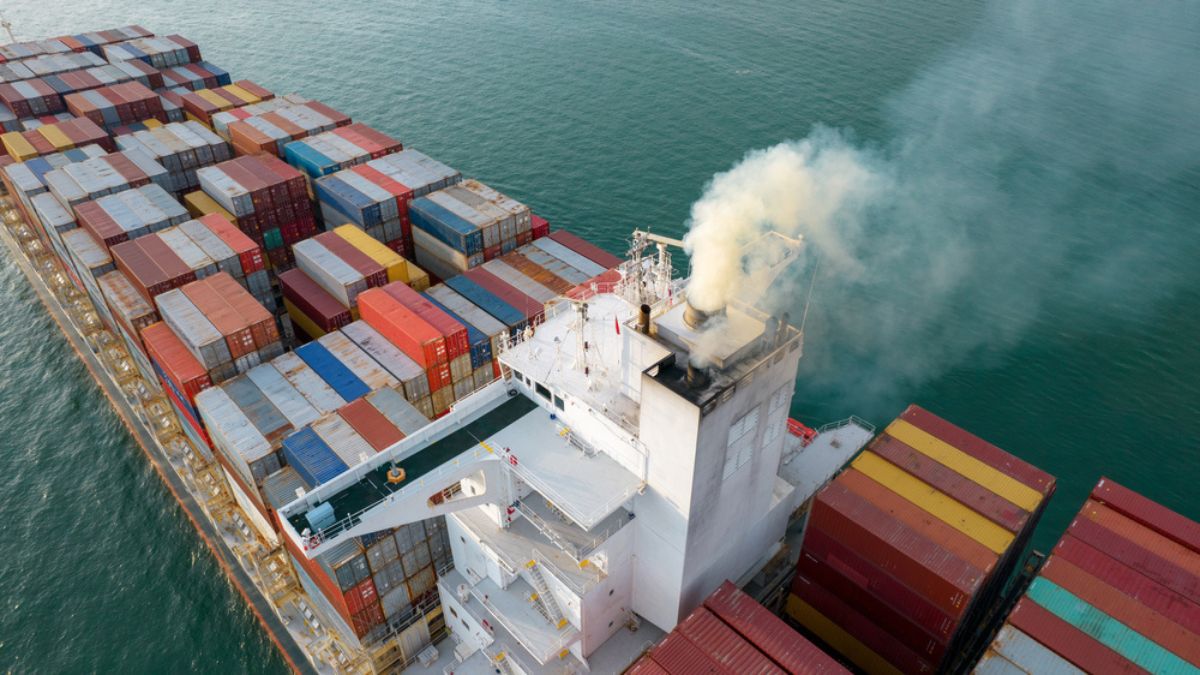India votes for global carbon tax by UN maritime agency on shipping industry; US skips IMO meeting
 Representative image
Representative image
In a bid to cut down on greenhouse gas emissions from ships and maritime activities, India voted in favour of the world’s first-ever global carbon tax on the shipping industry by the International Maritime Organisation (IMO). The IMO is the United Nations’ shipping agency.
India joined 62 other nations that voted in favour of the maritime carbon tax in the IMO London headquarters after weeks of multilateral deliberations. This move is part of the UN vision to curb pollution and promote cleaner technologies across sectors.
This also marks the first time ever that a global carbon tax was imposed on an entire industry, and it will come into effect from 2028. Ships that do not move to low-emission fuels by then would have to pay a ‘tax’ for the pollution they cause. This carbon tax is expected to generate close to $40 billion by 2030, which the UN expects to use in avenues to further combat maritime pollution.
Despite the breakthrough in international climate policy, the UN has time and again failed to address the climate finance equity demanded by developing countries. More than 60 countries, mostly from the Pacific, Caribbean, Africa and Central America, demanded that carbon tax proceeds to be used in broader climate finance needs, and not limit it to the seas.
The latest proposal included the following regulations.
1. Global fuel standard: Ships must reduce, over time, their annual greenhouse gas fuel intensity (GFI)—that is, how much GHG is emitted for each unit of energy used. This is calculated using a well-to-wake approach.
2. Global economic measure: Ships emitting above GFI thresholds will have to acquire remedial units to balance their deficit emissions, while those using zero or near-zero GHG technologies will be eligible for financial rewards.
Some called it a proposal that fails to enact a real shift to cleaner fuels.
Ralph Regenvanu, the environment minister of Vanuatu criticised fossil fuel producers such as Saudi Arabia and the US for blocking climate change progress “at every turn” and accused them of weakening proposals. Notably, the US delegation was absent in the negotiations in London and during the vote.
While the 2023 IMO GHG Strategy acknowledged the challenges of developing countries, the latest criticism points to not it not being enough. Earlier the IMO specifically stated: “...[the] least developed countries (LDCs) and small island developing States (SIDS), may face in the implementation of the Strategy. IMO, with funding assistance from Member States, provides support for LDCS and SIDS through a series of capacity-building and technical cooperation programmes.”
Maritime